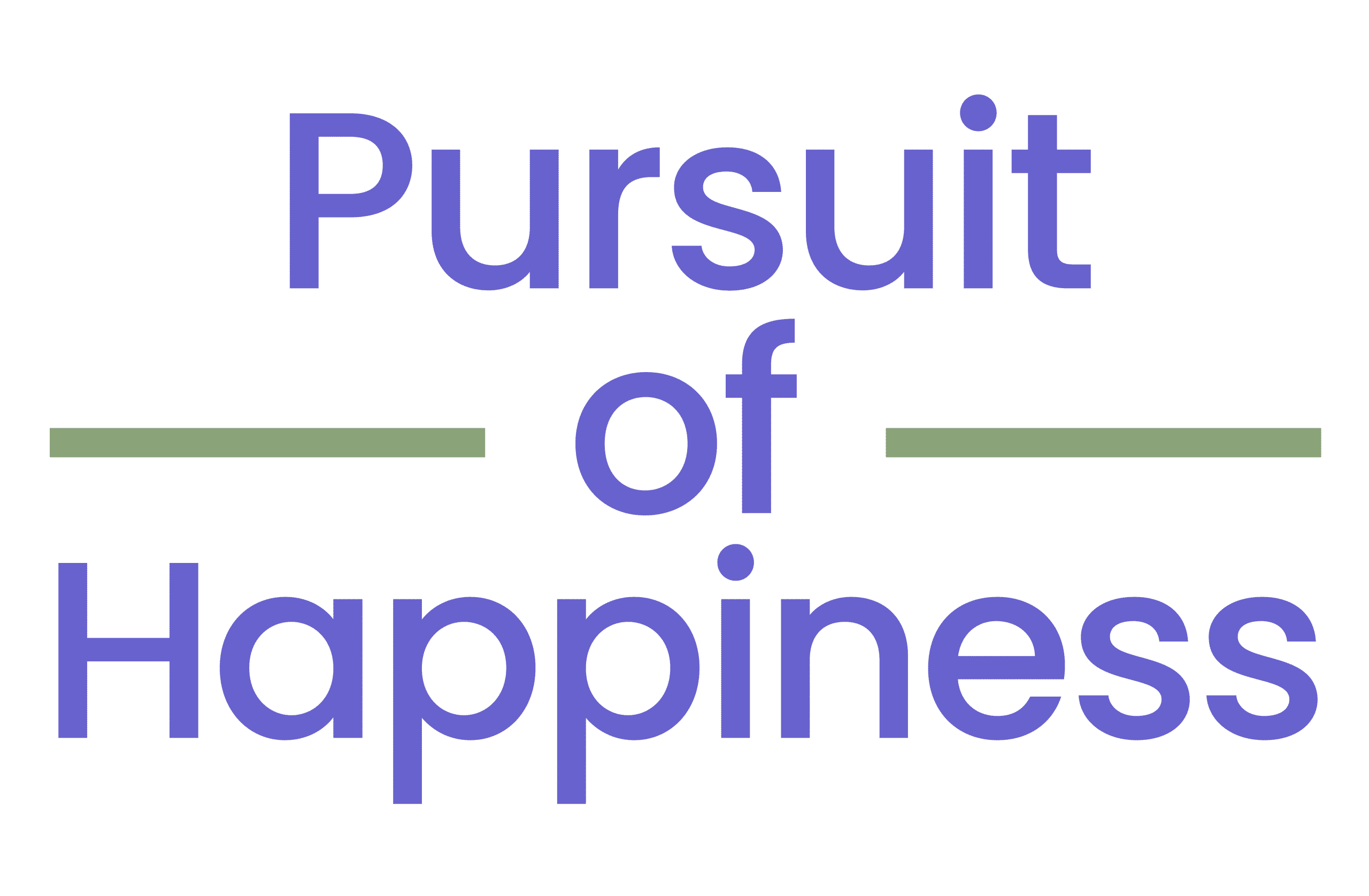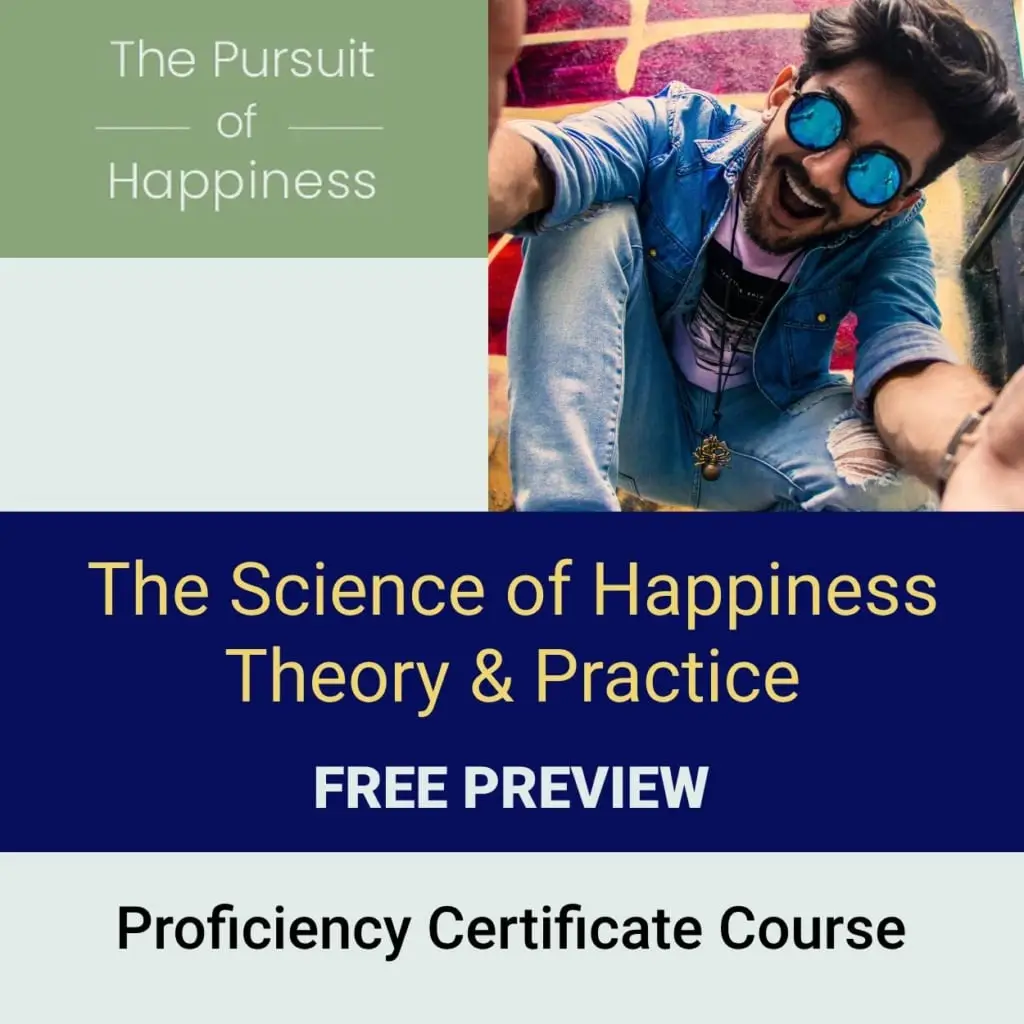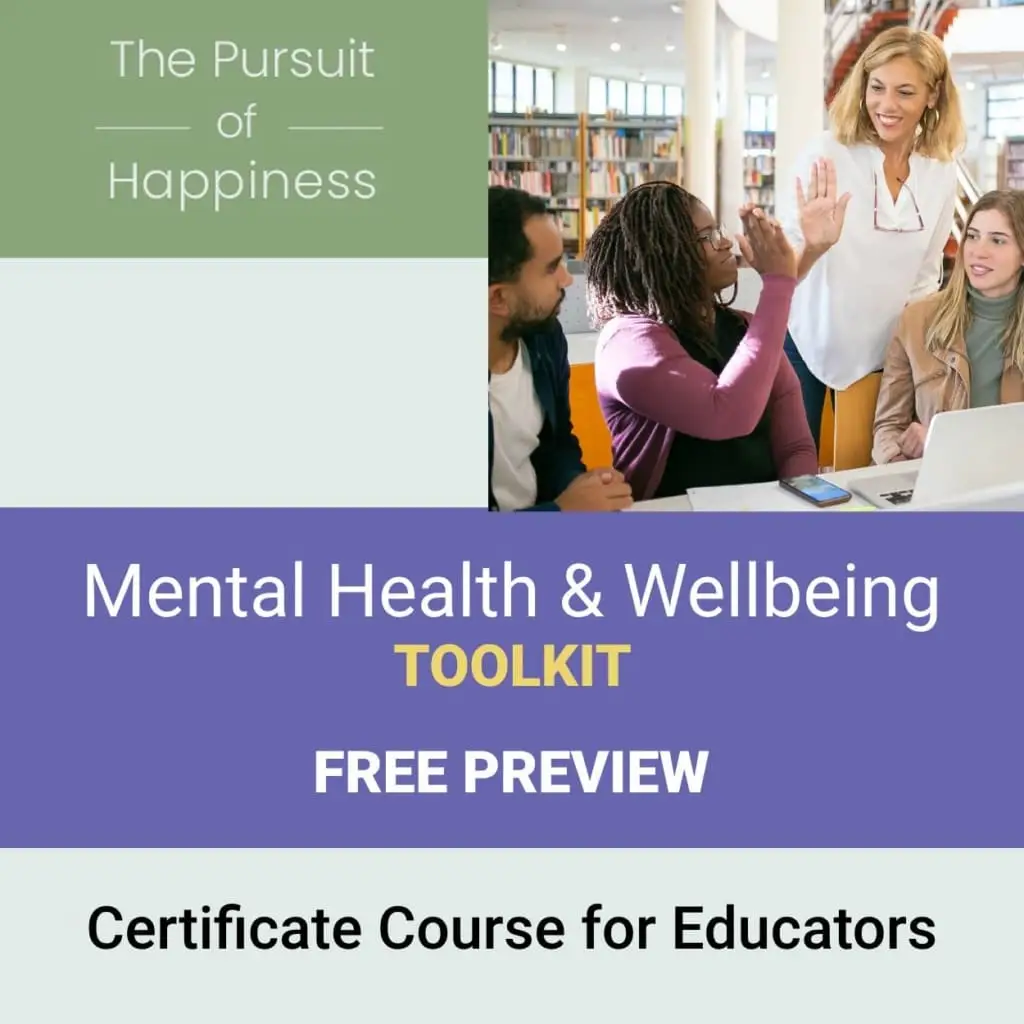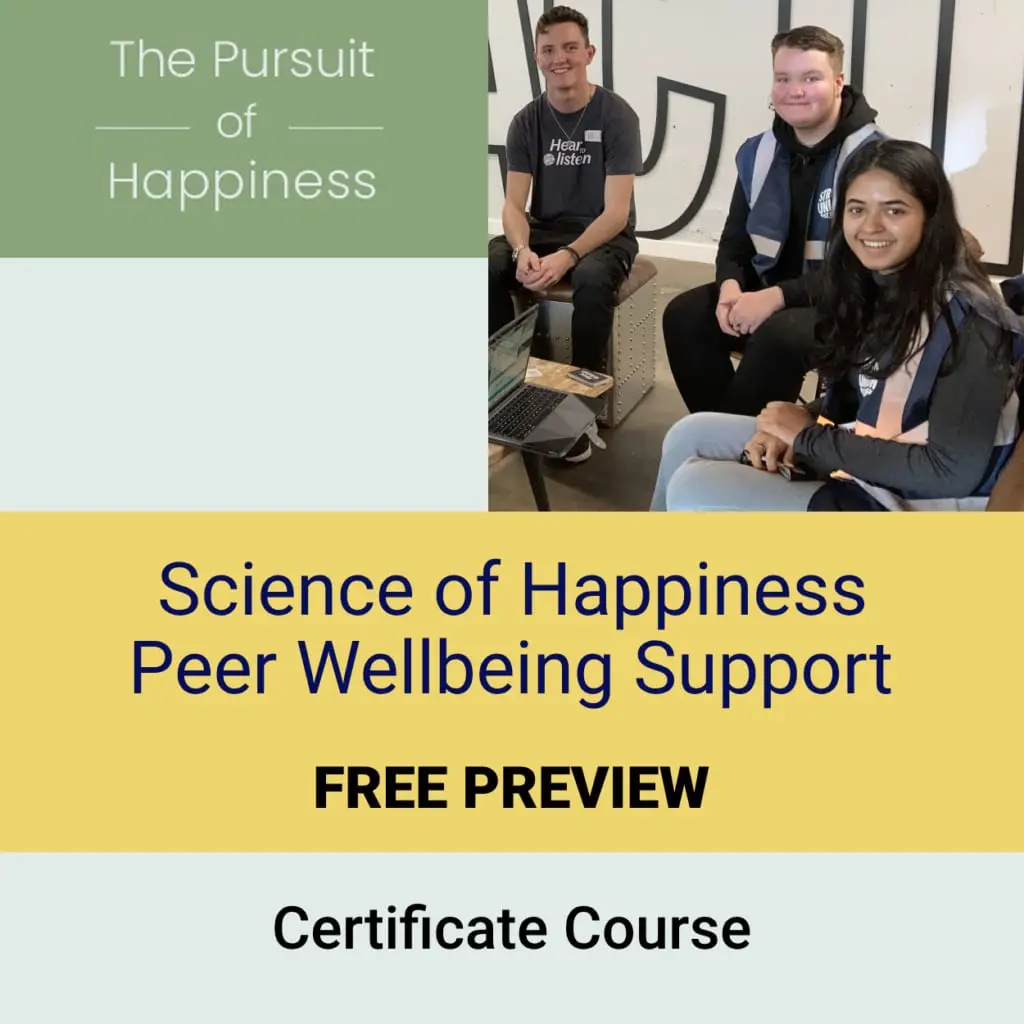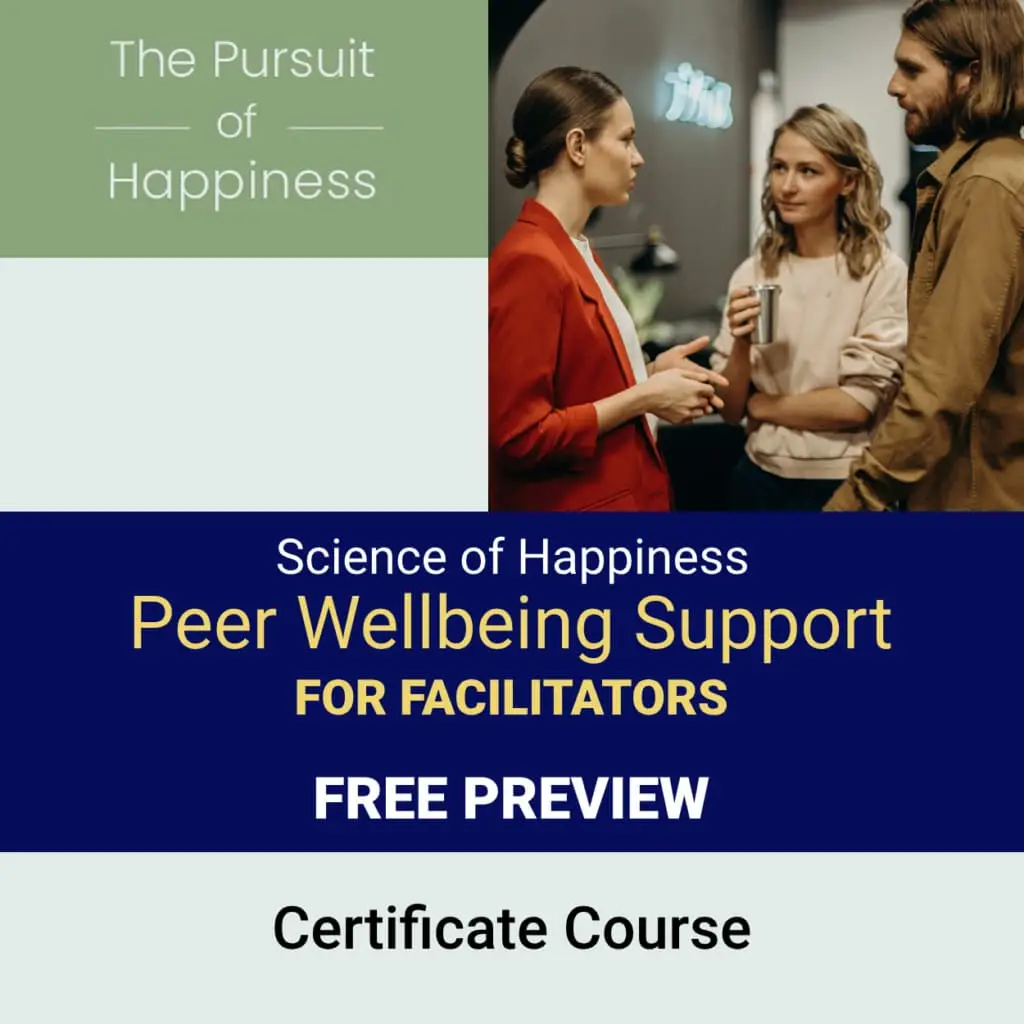Interested in learning more about strengths and virtues? Click on each citation to read the abstract of each study.
STRENGTHS AND VIRTUES: THE CONSTRUCT
Strengths and Virtues Review Studies
Quinlan, D., Swain, N., and Vella-Brodrick, D. A. (2012). Character strengths interventions: building on what we know for improved outcomes. Journal of Happiness Studies, 13(6), 1145-1163.
Seligman, M. E. P., Steen, T. A., Park, N., & Peterson, C. (2005). Positive psychology progress: Empirical validation of interventions. American Psychologist, (60), 410–421.
Theory-Based Strengths and Virtues Studies
Biswas-Diener, R. (2006). From the equator to the North Pole: A study of character strengths. Journal of Happiness Studies, 7(3), 293- 310.
Biswas-Diener, R., Kashdan, T. B., and Minhas, G. (2011). A dynamic approach to psychological strength development and intervention. Journal of Positive Psychology, 6(2), 106-118.
Govindji, R., and Linley, P. A. (2007). Strengths use, self-concordance, and well-being: Implications for strengths coaching and coaching psychologists. International Coaching Psychology Review, 2(2), 143-153.
Littman-Ovadia, H., and Lavy, S. (2012). Differential ratings and associations with well-being of character strengths in two communities. Health Sociology Review, 21(3), 299-312.
Park, N., Peterson, C., and Ruch, W. (2009). Orientations to happiness and life satisfaction in twenty-seven nations. The Journal of Positive Psychology, 4(4), 273–279.
Park, N., Peterson, C., and Seligman, M. E. P. (2004). Strengths of character and well-being. Journal of Social and Clinical Psychology, 23(5), 603–619.
Peterson, C., Ruch, W., Beermann, U., Park, N., & Seligman, M. E. P. (2007). Strengths of character, orientations to happiness, and life satisfaction. The Journal of Positive Psychology, 2(3), 149–156.
Proctor, C., Maltby, J., and Linley, P. A. (2011). Strengths use as a predictor of well-being and health-related quality of life. Journal of Happiness Studies, 12(1), 153 – 169.
Strengths and Virtues in Schools
Park, N., and Peterson, C. (2008). Positive psychology and character strengths: Application to strengths-based school counseling. Professional School Counseling, 12(2), 85–92.
Peterson, T. D., and Peterson, E. W. (2008). Stemming the tide of law student depression: What law schools need to learn from the science of positive psychology. Yale Journal of Health Policy, Law, and Ethics, 9(2), 357–434.
Strengths and Virtues in the Workplace
Peterson, C., Park, N., Hall, N., & Seligman, M. E. P. (2009). Zest and work. Journal of Organizational Behavior, 30(2), 161–172.
Sumner-Armstrong, C., Newcombe, P., & Martin, R. (2008). A qualitative investigation into leader behavioural flexibility. The Journal of Management Development, 27 (8), 843–857.
Strengths and Virtues among Different Cultures
Biswas-Diener, R. (2006). From the equator to the North Pole: A study of character strengths. Journal of Happiness Studies, 7(3), 293- 310.
Brdar, I., and Kashdan, T. B. (2010). Character strengths and well-being in Croatia: An empirical investigation of structure and correlates. Journal of Research in Personality, 44(1), 151-154.
Littman-Ovadia, H., and Lavy, S. (2012). Differential ratings and associations with well-being of character strengths in two communities. Health Sociology Review, 21(3), 299-312.
Otake, K., Shimai, S., Tanaka-Matsumi, J., Otsui, K., and Fredrickson, B. (2006). Happy people become happier through kindness: A counting kindness intervention. Journal of Happiness Studies, 7(3), 361–375.
Park, N., Peterson, C., and Ruch, W. (2009). Orientations to happiness and life satisfaction in twenty-seven nations. The Journal of Positive Psychology, 4(4), 273–279.
Park, N., Peterson, C., and Seligman, M. E. P. (2006). Character Strengths in fifty-four nations and the fifty US states. The Journal of Positive Psychology, 1(3), 118-129.
Shimai, S., Otake, K., Park, N., Peterson, C., and Seligman, M. E. P. (2006). Convergence of character strengths in American and Japanese young adults. Journal of Happiness Studies, 7(3), 311 – 322.
Strengths and Virtues in Children & Young Adolescents
Park, N., and Peterson, C. (2006a). Character strengths and happiness among young children: Content analysis of parental descriptions. Journal of Happiness Studies, 7(3), 323–341.
Park, N., and Peterson, C. (2006b). Moral competence and character strengths among adolescents: the development and validation of the Values in Action Inventory of Strengths for Youth. Journal of Adolescence, 29(6), 891-910.
Park, N., and Peterson, C. (2008). Positive psychology and character strengths: Application to strengths-based school counseling. Professional School Counseling, 12(2), 85–92.
CLINICAL APPLICATIONS & INTERVENTIONS
General Applications of Strengths and Virtues
Harzer, C., and Ruch, W. (2012). When the job is calling: The role of applying one’s signature strengths at work. The Journal of Positive Psychology, 7(5), 362-371.
Harzer, C., and Ruch, W. (2013). The application of signature character strengths and positive experiences at work. Journal of Happiness Studies, 14(3), 965-983.
Linley, P. A., Nielsen, K. M., Gillett, R., and Biswas-Diener, R. (2010). Using signature strengths in pursuit of goals: Effects on goal progress, need satisfaction, and well-being, and implications for coaching psychologists. International Coaching Psychology Review, 5(1), 6-15.
Littman-Ovadia, H., & Davidovitch, N. (2010). Effects of congruence and character-strength deployment on work adjustment and well-being. International Journal of Business and Social Science, 1(3), 138–146.
Mitchell, J., Stanimirovic, R., Klein, B., and Vella-Brodrick, D. (2009). A randomised controlled trial of a self-guided internet intervention promoting well-being. Computers in Human Behavior, 25(3), 749–760.
Quinlan, D., Swain, N., and Vella-Brodrick, D. A. (2012). Character strengths interventions: building on what we know for improved outcomes. Journal of Happiness Studies, 13(6), 1145-1163.
Rust, T., Diessner, R., & Reade, L. (2009). Strengths only or strengths and relative weaknesses? A preliminary study. The Journal of Psychology, 143(5), 465–476.
Seligman, M. E. P., Steen, T. A., Park, N., & Peterson, C. (2005). Positive psychology progress: Empirical validation of interventions. American Psychologist, 60(5), 410–421.
Wood, A. M., Linley, P. A., Maltby, J., Kashdan, T. B., and Hurling, R. (2011). Using personal and psychological strengths leads to increases in well-being over time: A longitudinal study and the development of the strengths use questionnaire. Journal of Personality and Individual Differences, 50(1), 15-19.
Wisdom Strengths
Flood, M., and Phillips, K. D. (2007). Creativity in older adults: A plethora of possibilities. Issues in Mental Health Nursing, 28(4), 389–411.
Glück, J., and Baltes, P. B. (2006). Using the concept of wisdom to enhance the expression of wisdom knowledge: Not the philosopher’s dream but differential effects of developmental preparedness. Journal of Psychology and Aging, 21(4): 679–690.
Humanity Strengths
Hutcherson, C. A., Seppala, E. M., and Gross, J. J. (2008). Loving-kindness meditation increases social connectedness. Emotion, 8 (5), 720–724.
Otake, K., Shimai, S., Tanaka-Matsumi, J., Otsui, K., and Fredrickson, B. (2006). Happy people become happier through kindness: A counting kindness intervention. Journal of Happiness Studies, 7(3), 361–375.
Justice Strengths
Sumner-Armstrong, C., Newcombe, P., & Martin, R. (2008). A qualitative investigation into leader behavioural flexibility. The Journal of Management Development, 27 (8), 843–857.
West, B. J., Patera, J. L., & Carsten, M. K. (2009). Team level positivity: Investigating positive psychological capacities and team level outcomes. Journal of Organizational Behavior, 30(2), 249–267.
Temperance Strengths
Baumeister, R. F., Gailliot, M., DeWall, C. N., and Oaten, M. (2006). Self-regulation and personality: How interventions increase regulatory success, and how depletion moderates the effects of traits on behavior. Journal of Personality, 74(6), 1773–1802.
McCullough, M. E., Root, L. M., and Cohen, A. D. (2006). Writing about the benefits of an interpersonal transgression facilitates forgiveness. Journal of Consulting and Clinical Psychology, 74(5): 887 – 897.
Transcendence Strengths
Diessner, R., Rust, T., Solom, R., Frost, N., and Parsons, L. (2006). Beauty and hope: A moral beauty intervention. Journal of Moral Education, 35(3), 301–317.
Emmons, R. A., and McCullough, M. E. (2003). Counting blessings versus burdens: An experimental investigation of gratitude and subjective well-being in daily life. Journal of Personality and Social Psychology, 84(2), 377–389.
Froh, J. J., Sefick, W. J., and Emmons, R. A. (2008). Counting blessings in early adolescents: An experimental study of gratitude and subjective well-being. Journal of School Psychology, 46(2), 213–233.
Sheldon, K. M., & Lyubomirsky, S. (2006). How to increase and sustain positive emotion: The effects of expressing gratitude and visualizing best possible selves. The Journal of Positive Psychology, 1(2), 73–82.
